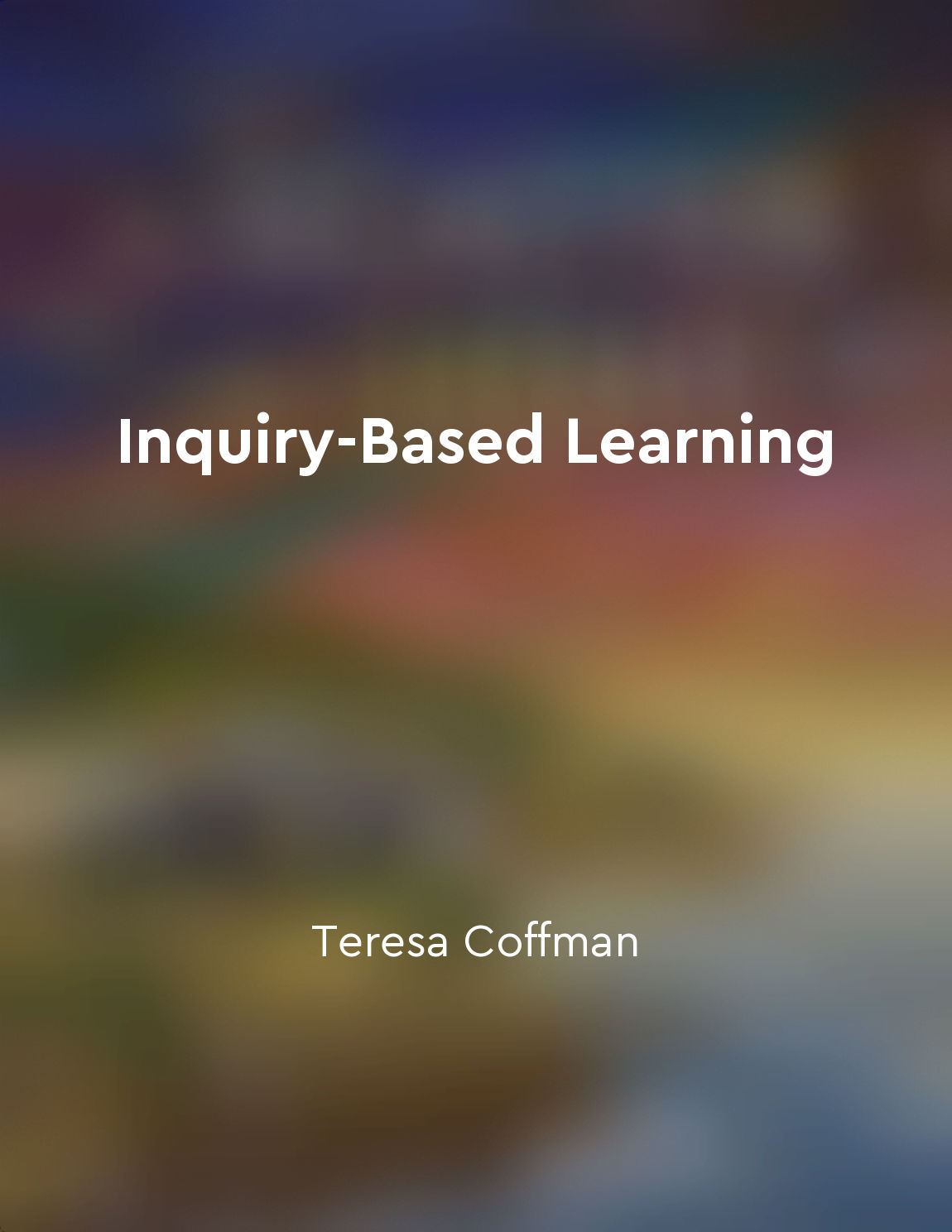Educational system undervalues content knowledge from "summary" of The Knowledge Deficit by E. D. Hirsch
The prevailing idea in education today is that students need to develop skills such as critical thinking, problem-solving, and creativity rather than simply acquiring knowledge. This shift in emphasis has led to a devaluation of content knowledge in the educational system. The assumption is that skills are more important than knowledge because skills are transferable across different domains, whereas knowledge is seen as static and limited in its application. However, this belief is misguided. Research has shown that students cannot think critically or creatively about a subject without a solid foundation of knowledge in that subject. In other words, knowledge is not just a collection of facts to be memorized; it is the scaffolding upon which students can build higher-order thinking skills. Without this scaffolding, students are left floundering, unable to make sense of new information or to connect ideas across different subjects. The devaluation of content knowledge has also had negative consequences for students from disadvantaged backgrounds. Because these students often lack the cultural capital that more privileged students possess, they are at a disadvantage when it comes to acquiring background knowledge. As a result, they struggle to make sense of what they are learning in school, leading to gaps in their understanding that only widen over time. To address this knowledge deficit, we need to refocus our attention on the importance of content knowledge in the educational system. This does not mean reverting to a rote memorization of facts; rather, it means ensuring that students are provided with a coherent and cumulative curriculum that allows them to build a strong foundation of knowledge in key subject areas. By doing so, we can help all students, regardless of their background, develop the critical thinking skills that are essential for success in school and beyond.Similar Posts
Writing skills development
The development of writing skills is an essential aspect of education that plays a crucial role in shaping individuals into eff...
Creating a learning culture that values and rewards experimentation
To sustain competitive advantage in today's rapidly changing world, organizations must continuously adapt and innovate. One of ...

Reflecting on your progress and setting new goals is a continuous process
As you journey through your academic pursuits, it is crucial to take a moment to pause and reflect on how far you have come. Th...
Intelligence can be measured by IQ tests
Intelligence, as defined by psychologists, is a complex and multifaceted construct that encompasses a wide range of cognitive a...
Understanding the author's intentions and perspectives is key
To truly grasp the essence of a book, one must delve into the mind of the author. Understanding their intentions and perspectiv...
Embracing a growth mindset
The idea of having a growth mindset is crucial for any student aiming to excel in their academic pursuits. It involves believin...
Writing is a powerful tool for learning
Writing, a powerful tool for learning, allows students to delve deeper into the subject matter, making connections, analyzing i...
Harnessing the power of visualization
Visualizing is an incredibly powerful tool for learning. When we harness the power of visualization, we are able to create ment...
Helpful hints and tips for answering questions
When answering questions, it is important to carefully read the question and understand what is being asked. Make sure to pay a...

Teachers guide students through the inquiry process
Teachers play a crucial role in facilitating the inquiry process for students. By guiding students through the various stages o...
